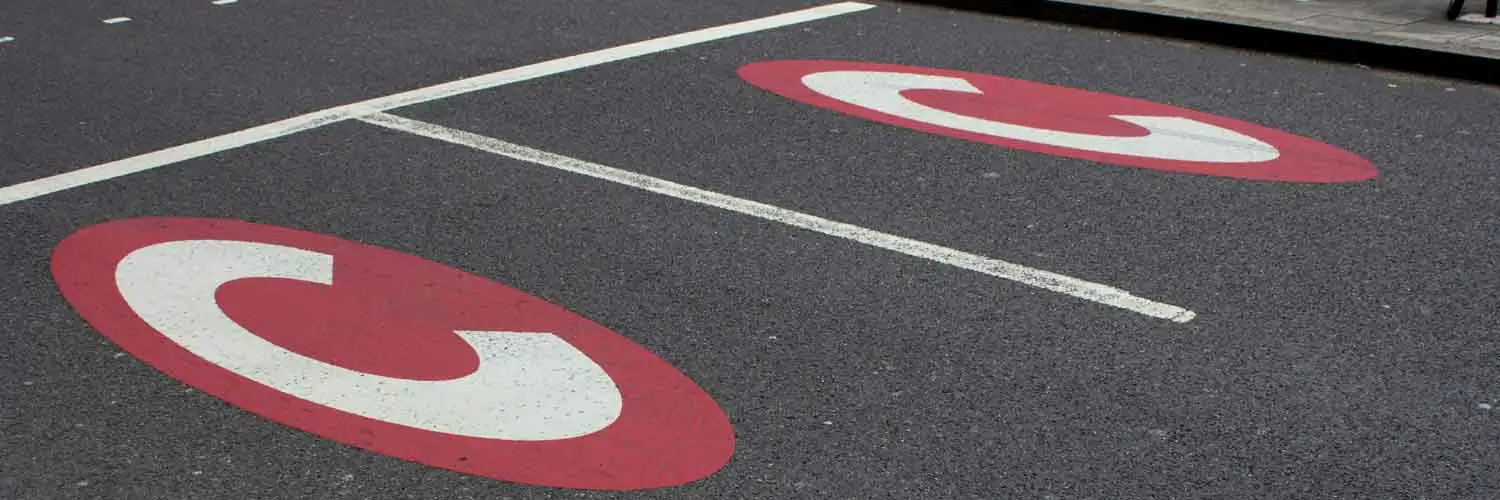London Mayor Sadiq Khan has won important concessions from the UK Government during negotiations over the latest TfL bail-out plan
The UK Government’s plans had proposed an extension of the geographical reach of the London Congestion Charge. Following intense pressure from the London Mayor’s Office, Unions, Logistics UK and other transport groups, these measures were dropped from the final agreement. Freight transport trade associations and logistics businesses celebrated the news.
UK Government plans to impose extra charges
Earlier in October 2020, it had been reported that the Conservative Government had wanted to impose tough measures on Londoners and people travelling through the Greater London area as part of a new TfL bail-out agreement.
This followed an agreement at the start of the first Coronavirus lockdown, when the number of people travelling on public transport had dramatically and suddenly dropped, wiping out TfL revenues by as much as 90%.
In May, TfL was forced to approach the UK Government for assistance. At that time, TfL agreed to a number of measures. It raised the congestion charge by 30%, temporarily stopped free travel for children and began charging over-60s to travel at peak times as part of the £1.6bn rescue package it secured from the government. The package was due to be renegotiated on October 17, 2020.
New measures to be imposed
During the renegotiation, the London Mayor’s office claimed Transport Secretary Grant Shapps MP wanted to impose a package of new measures as part of the renegotiation. These included:
- Extend the £15 Congestion Charge Zone to the north and south circular roads in 12 months’ time
- Impose an above-inflation fares increase
- Introduce a new council tax precept charge in London for an unspecified amount
This led to angry exchanges between Boris Johnson and Sadiq Khan. Union leaders have also criticised the proposals, arguing there is a discrepancy in the government’s treatment of private rail companies and TfL.
Logistics UK campaigned for concessions
In the lead up to the negotiations, freight transport campaign group, Logistics UK, had campaigned strongly against any extension to the London Congestion Charge, particularly as it is applied to freight transport and logistics companies.
In a statement, David Wells, Chief Executive of Logistics UK, argued: “Logistics UK is urging government to reconsider whether logistics activity should still be included in the temporary conditions added in June 2020, which saw a significant increase in the fee and longer operating hours. With little alternative to using lorries and vans to keep London stocked with all the goods the population needs, it simply amounts to an additional tax on those charged with supporting the capital during the pandemic, and beyond.”
New bail-out package agreed
Last week, the Government gave in to pressure to drop the contentious measures. It announced a new £1.7 billion funding package that would not include an extension to the London Congestion Charge scheme. Logistics companies welcomed the news.
David Wells of Logistics UK commented, “The government’s decision to … refrain from expanding the London Congestion Charge is a huge relief to logistics businesses, many of whom continue to struggle financially and operationally as a result of the COVID-19 crisis.”
